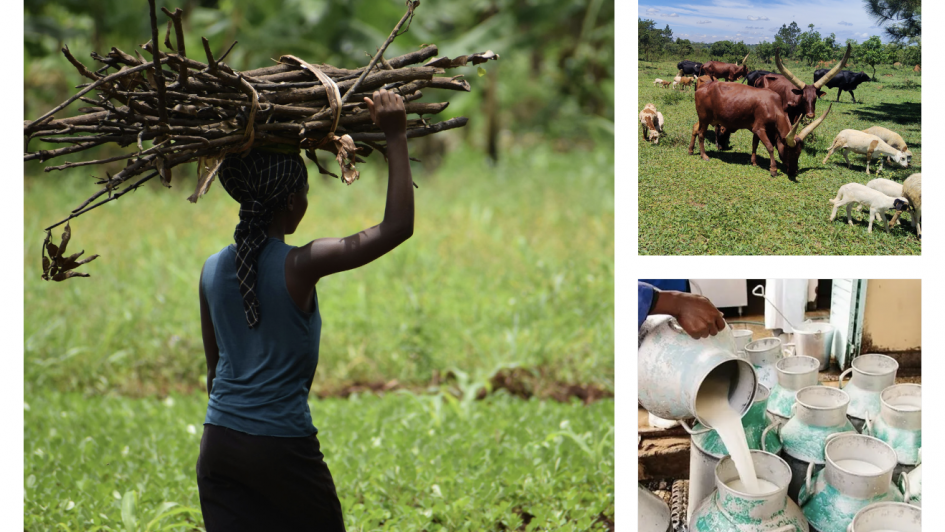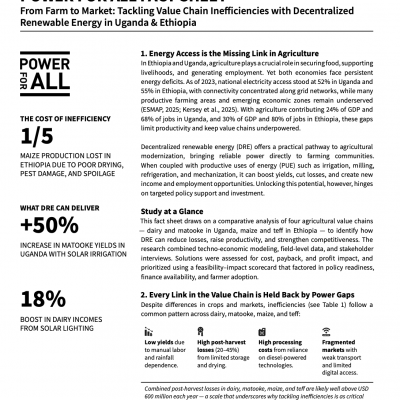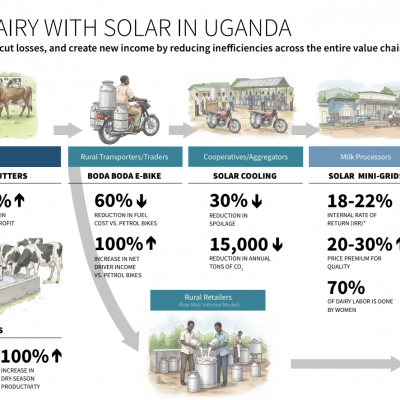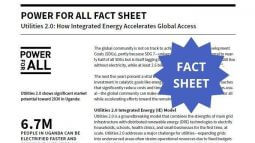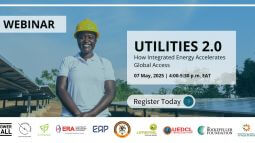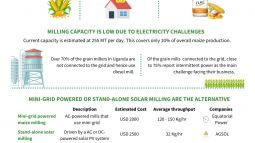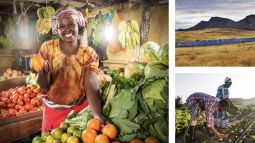Energy Access Has Declined for the First Time in Ten Years
From Farm to Market: Tackling Value Chain Inefficiencies with Decentralized Renewable Energy in Uganda and Ethiopia
Uganda and Ethiopia are agrarian economies: agricultural performance is central to national development. Uganda has a population of ~50 million people, and Ethiopia has ~120 million.
For campaign highlights and a look back on our work throughout the year, check out Power for All's 2022 Annual Report.
We are deeply grateful for our global network of supporters—everything we do is possible because of you. Together, we can #EndEnergyPovertyFaster.
Fact Sheet: DRE Opportunities in Agriculture
Energy Access is the missing link in agriculture - In Ethiopia and Uganda, agriculture plays a crucial role in securing food, supporting livelihoods, and generating employment. Yet both economies face persistent energy deficits.
From Farm to Market: Reflections on Powering Agriculture with Ashenafi Mulugeta
Agriculture is central to livelihoods and food security across Ethiopia and Uganda — yet much of its potential remains underpowered. Low energy access continues to limit production, processing, storage, and market connectivity. In this episode, we sit down with Ashenafi Mulugeta to discuss how DRE is unlocking new opportunities for farmers—boosting yields, reducing losses, and enabling value-added activities that strengthen rural livelihoods. Drawing on new research and firsthand experience, the conversation explores what it will take to scale these solutions, including the policies, financing models, and partnerships needed to move from pilot projects to widespread impact.
Powering Dairy with Solar in Uganda
Agriculture is central to livelihoods and food security across Ethiopia and Uganda — yet much of its potential remains underpowered. Low energy access continues to limit production, processing, storage, and market connectivity. This infographic, developed as part of Power for All's research "From Farm to Market: Tackling Value Chain Inefficiencies with DRE in Uganda and Ethiopia", depicts the potential opportunities and impact for DRE intervention across the dairy value chain in Uganda.
This session will spotlight the Utilities 2.0 initiative—a pioneering model that combines the reach of centralized utilities with the agility of decentralized renewable energy. The result? Faster, more affordable, and scalable electricity access across Africa.
Check out our Resources section for more reading
Maize ranks prominently among Uganda's principal agricultural outputs, yet its milling capacity languishes, hampered by pervasive electricity constraints. In this infographic, explore the emergence of mini-grid powered and stand-alone solar milling.
Sign up to receive our newsletter & occasional updates about our campaign and the progress being made in the DRE sector.
The modern, fossil-fueled agrifood system is a significant contributor to climate change, accounting for a third of GHG emissions. Its dependence on fossil fuels, combined with inequitable access to resources, renders it unsustainable.
(We won’t share your info, and you’re free to opt out anytime. See our Privacy Policy for details.)

